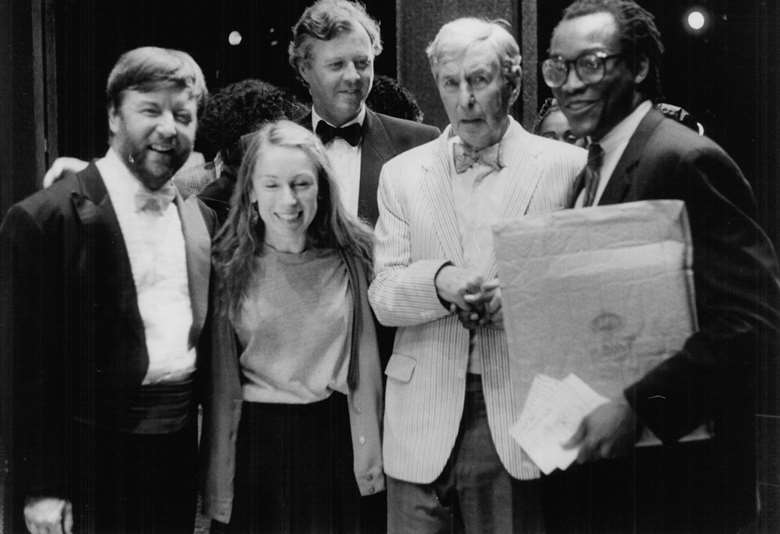Remembering Sir Andrew Davis: champion of Tippett's musical legacy
Oliver Soden
Tuesday, April 23, 2024
From the age of 15, Michael Tippett's music was a source of profound inspiration for Andrew Davis

Register now to continue reading
Thanks for exploring the Gramophone website. Sign up for a free account today to enjoy the following benefits:
- Free access to 3 subscriber-only articles per month
- Unlimited access to our news, podcasts and awards pages
- Free weekly email newsletter









